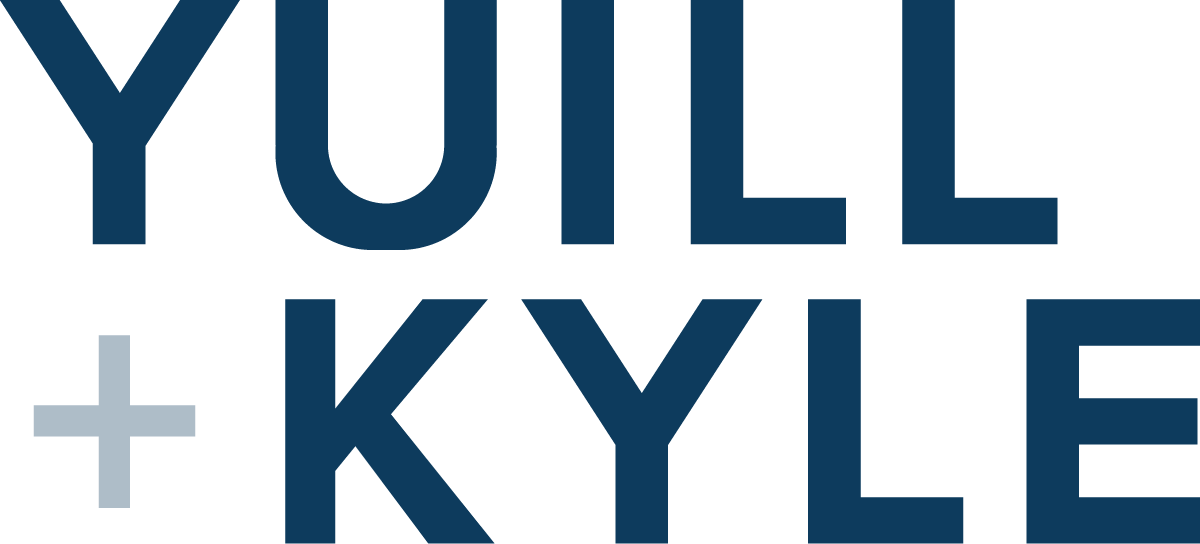A recent BBC article highlighted the plight of members of the public who have reverted to loan sharks as a means of funding daily living such as energy and grocery bills. Many of the borrowers have poor credit histories.
In the article, the broadcaster managed to interview a couple of the illegal lenders. Some of the key takeaways include:
- In view of the current financial crisis, “business has never been better” – so no surprise there.
- The usual loan to, for example, a single mum, will be between £500 and £1,000.
- The loan is usually repaid within two to three months.
- Whilst the interest rate quoted in the article is 50%, I think that this will be moot with the APR being many times that.
“Fair4All Finance”, which is a government-backed body, has just produced a report on such illegal lending. They were assisted in the project by the Consumer Credit Trade Association (CCTA), of which Yuill + Kyle is a proud member.
Some of the key points include:
- During the last three years, three million people have resorted to loan sharks.
- Access to such a lender is relatively straightforward – no form-filling or other formalities associated with agreements subject to the consumer credit legislation and regulated by the Financial Conduct Authority will be required!
- Usually, the amount repaid will be double the amount borrowed.
- Failure to repay the loan will result in threats of physical violence and with having household doors and windows smashed.
So, how did we get here?
Whilst loan sharking has existed from time immemorial, sub-prime lenders such as Wonga and “home-collected credit” also existed. These businesses were regulated by the FCA but the accusation against them was that they caused severe financial distress to their target market.
The FCA argued that they were protecting those people with poor credit histories. However, such lenders argued that, in effect, at least they were regulated and were providing a useful financial solution to those most in need. Indeed, they opined, if they had to withdraw from the market illegal money lending would flourish. Were they correct?
Is there a solution?
The issue of illegal money lending and providing access to credit to the most disadvantaged in society is, perhaps, easily explained. However the solution is not so simple.
Amongst the solutions are:
- Offering people advice on how to manage their finances and to budget more effectively. This is all well and good, but with the money advice sector under severe financial strain, how will they be able to find the extra resources to fund this?
- Create additional credit unions and increase their lending abilities. In theory, this will be a great solution. However, it’s a matter of supply and demand. Credit unions and similar lenders simply do not have the wherewithal to access the money needing to be lent to those most in need. Until they do so this will not really be an effective answer.
In conclusion
I normally like to be upbeat with my conclusions but, to be honest, I find difficulty in seeing light at the end of this murky tunnel.
If the FCA changed its attitude and allowed sub-prime lenders back into the market, would this help? Those in favour will say, at least they will be regulated. But whether it will be desirable will certainly be debatable.
The growth of credit unions will be really positive but it will take some time before they can meet demand. Also, the “illegal money lending team” may go some way towards reducing the supply, although cynics will say that this is just scratching the surface.
The real solution will be to minimise poverty which will, of course, reduce the demand but, in the current financial crisis, we’re a long way off from achieving this.

